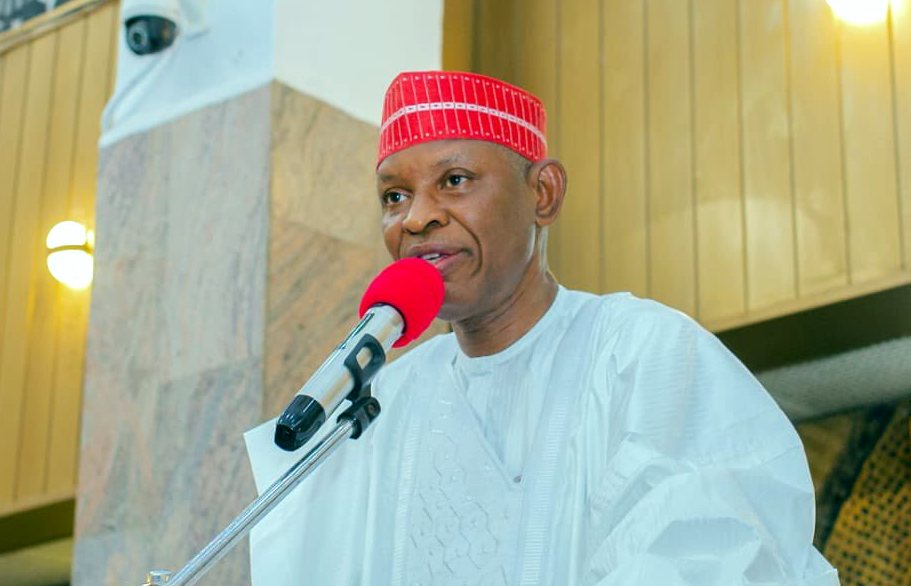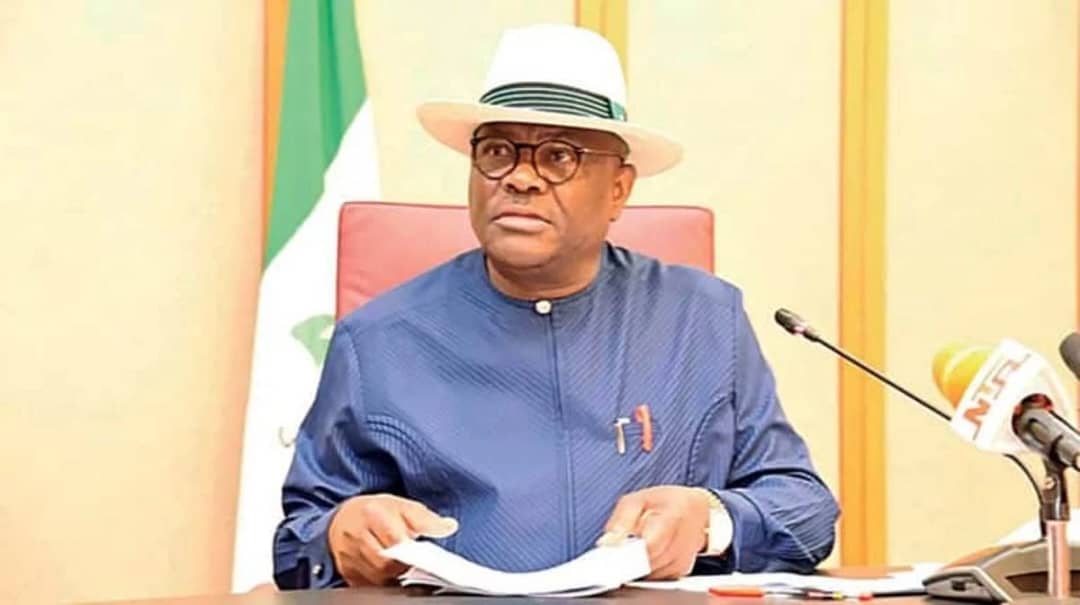President Bola Tinubu has approved the reappointment of Dr. Bayero Farah as Director-General/Chief Executive Officer, of Nigerian Institute of Transport Technology (NITT), Zaria for a second term of four years.
This is contained in a statement by the spokesperson of the institute, Mr. John Kolawale, and made available to newsmen in Zaria on Friday.
He said the appointment was with effect from Jan.13.
Read more: Barbarians Have Taken Over Social Media — Soyinka
” The reappointment notice was contained in a letter signed by the Secretary to the Government of the Federation (SGF) Sen. George Akume.
According to him, the reappointment is in accordance with the provisions of the Nigerian Institute of Transport Technology Act, 1986 Laws of the Federation of Nigeria.
He said Farah possessed track record of sterling and exceptional performance which led to the massive and unprecedented transformation of NITT to its unrivaled status since inception in 1986.
Kolawale said the director-general joined the services of NITT in 1994 as a Senior Staff Development Officer, having earlier worked as a classroom teacher and later as a National Population Census Cartographic Officer.
He rose through the ranks to the position of Director in 2013 and substantive DG/CEO on Jan.13, 2020.(NAN)
The Nigerian Institute of Transport Technology (NITT), Zaria is the apex management development Institute for transport and logistics in Nigeria and the West African Sub-region. It is a career development and professional certification center. NITT provides corporate leadership and strategic management, training, conducts research and advisory services, engages in transport Intelligence and monitoring activities as well as develops and adapts transport technology to suit the country’s needs.
It was established on 14th March, 1986 via Decree No.6 (now CAP 116, LFN, 2004) to among other things address mainly the problems of the transport sector. Problems such as inefficient and low productivity, fast depreciation of capital investments, deficient management and maintenance of infrastructure, low level of professionalism and high expenditure on overseas training, through the supply of professionally competent leaders, managers, technologists and other specialists; and the provision of the expertise that will improve the industry’s performance for efficiency and effectiveness.





















 You can install this WP plugin on your website from the WordPress official website:
You can install this WP plugin on your website from the WordPress official website: 